You can participate in a variety of citizen science projects right here at the Museum! The following are ongoing projects that we offer.
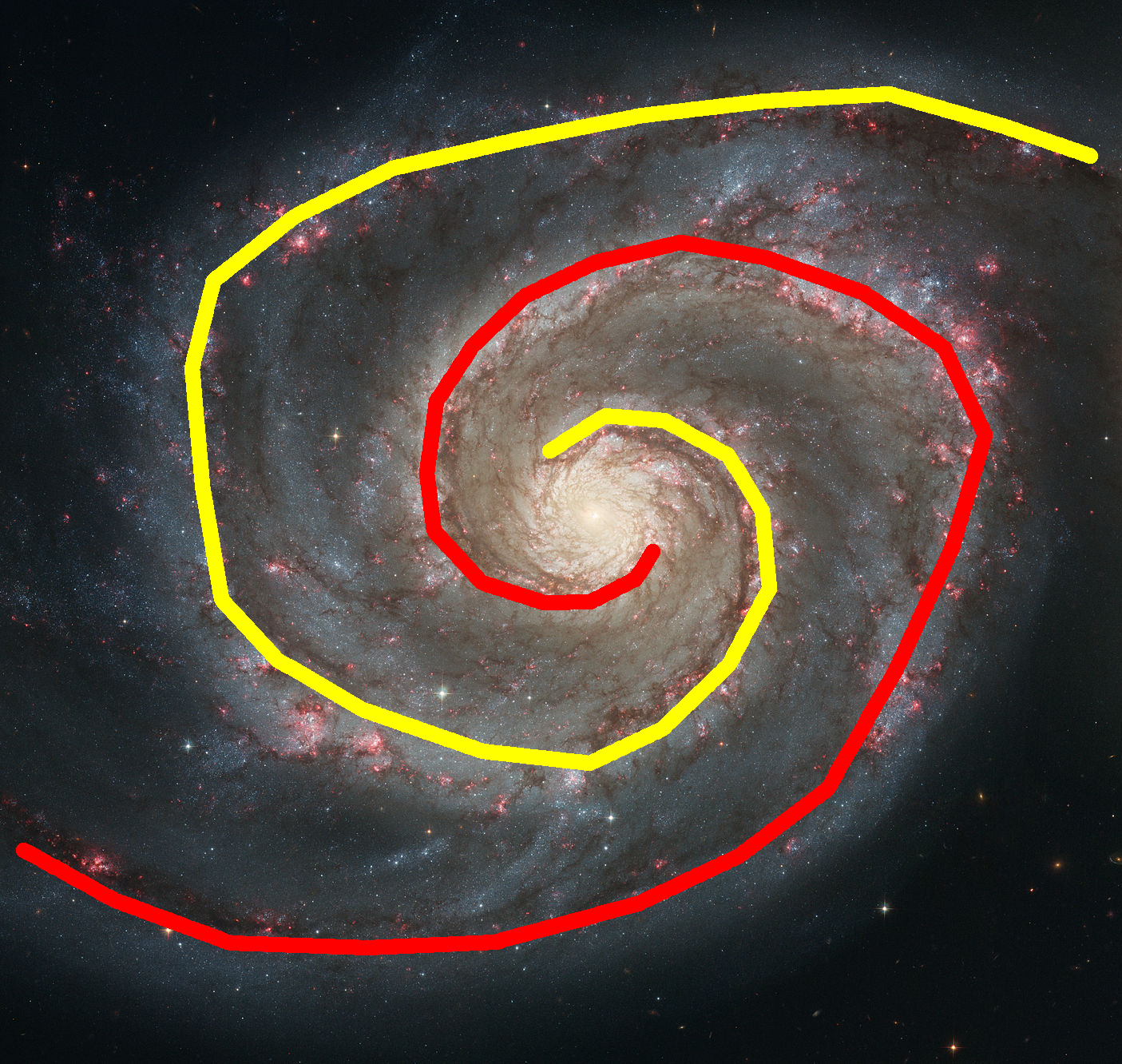
Spiral Graph
Nearly every galaxy has a black hole in its center but it's a mystery as to how or why. They are commonly found to be hundreds of thousands to billions of times the mass of the Sun (supermassive black holes). Few candidates have been found with masses in the range of hundreds to hundreds of thousands of times the mass of the Sun (intermediate mass black holes). The key to deciphering the origin of central black holes may lie in understanding these intermediate mass objects and the galaxies that harbor them. By using a relationship between the degree of winding of the arms in a spiral galaxy to the mass of the black hole found in the center, we can estimate the central black hole mass. That's where you come in! We need volunteers to trace the arms of spiral galaxies to measure the windings. These measurements will help determine which galaxies harbor an intermediate mass black hole.
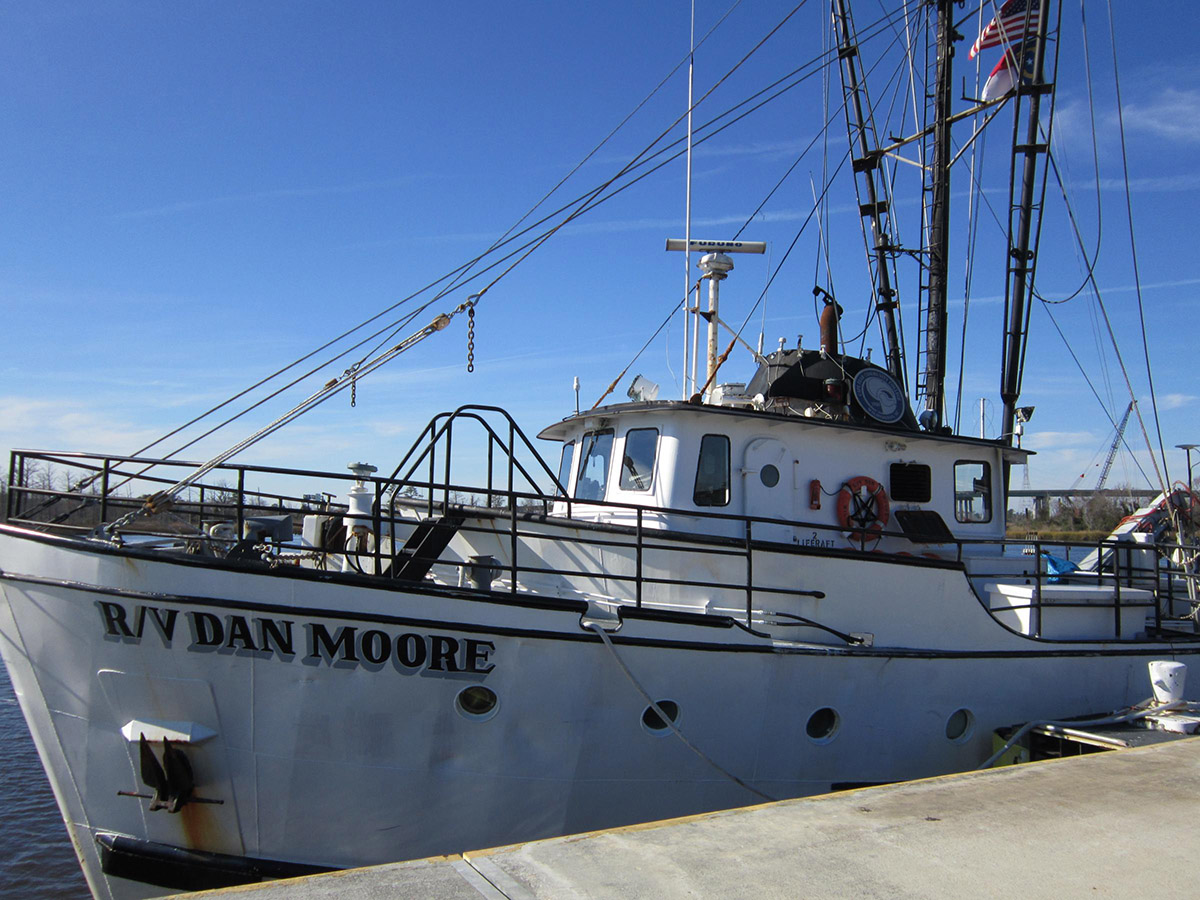
Castaway
Museums have many documents and records hidden away on paper that are both vulnerable to loss and inaccessible to most people. By participating in Castaway, you will help the Museum’s Ichthyology Unit digitize documents generated by three research vessels over 50 years. With your help, we can preserve these documents and make them available to everyone, whether you are a researcher or not!
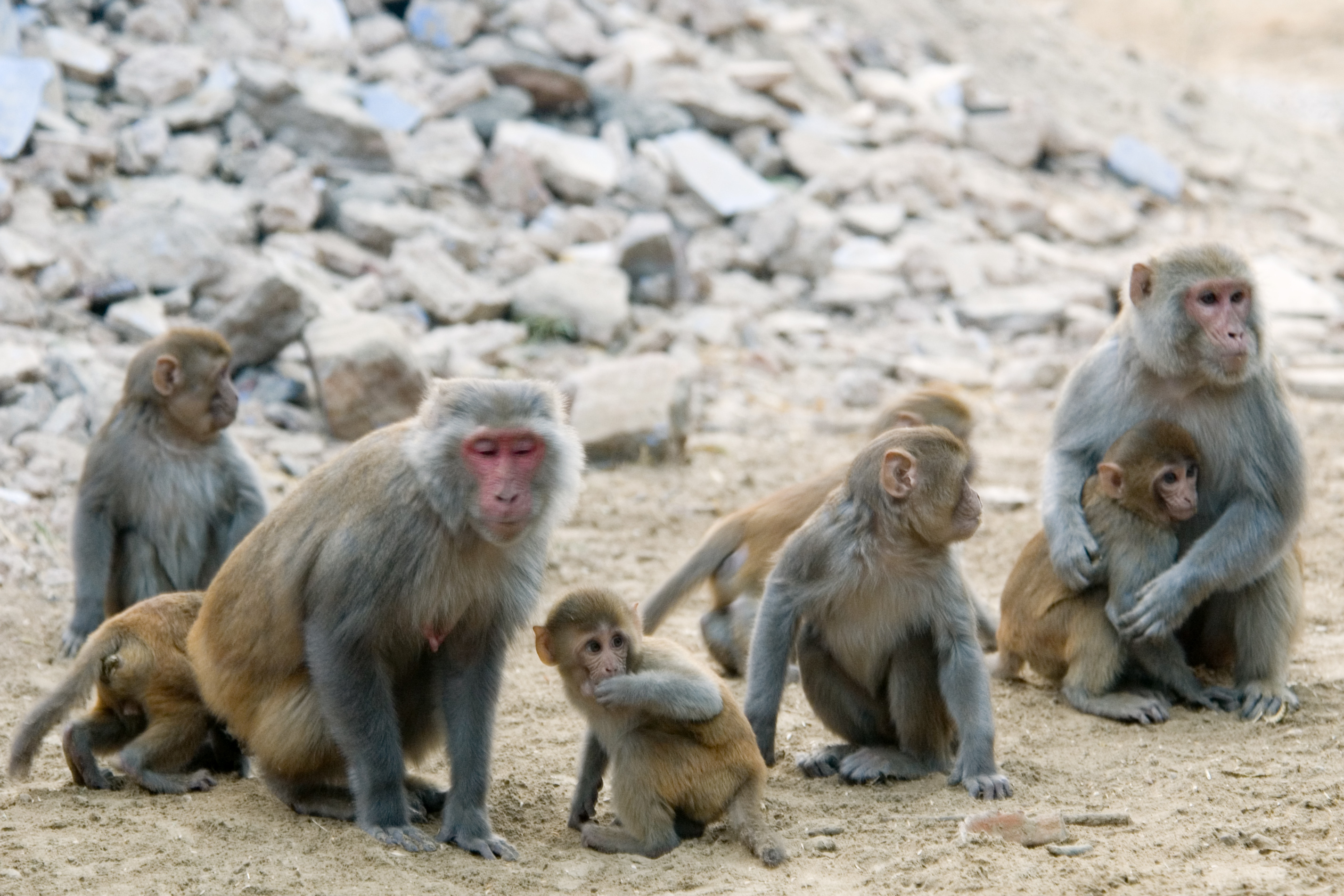
Monkey Health Explorer
Help Museum researchers learn more about how health influences differences in behaviors in the Rhesus Macaques on Cayo Santiago, part of a larger collaborative project examining how genes influence social behaviors in primates. This online project will train you how to identify blood cell types before you classify the cell types from photos of monkey blood smears. You’ll help our researchers identify less healthy monkeys within the population and help direct further investigations.
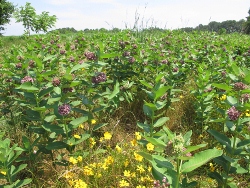
Natural North Carolina
North Carolina is an amazingly diverse state! We have set out to document all of the plants, animals, and fungi in the state for our Natural North Carolina project, and we need your help to do it. Simply sign up for a free account, snap photos of the natural things you see anywhere in North Carolina, and submit your photos to the project via the website or the iNaturalist smartphone app for iPhone or Android. Your sightings help scientists at the Museum and around the world learn more about the biodiversity, timing, and abundance of organisms throughout North Carolina - and it only takes a few seconds of your time to help.
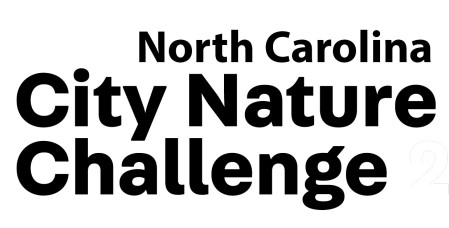
City Nature Challenge
The City Nature Challenge is a worldwide competition between cities to document the most biodiversity over a 4-day event each spring. Citizen scientists can join this annual citizen science event anywhere in North Carolina by photographing species they see and documenting them on iNaturalist. Help North Carolina show off its amazing biodiversity and citizen scientists by joining us in the next Challenge!
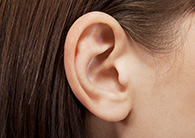
Armpit and Earwax Microbes
This project looks at the interactions between a person's ancestry, their earwax type (wet or dry), and the bacteria that make use of apocrine gland secretions in your armpits and ear canals. Does the gene ABCC11, which influences apocrine gland production, influence your body odor? Attend a sampling event to have your armpit, ear, ankle, and nose sampled for bacteria and help us learn more.
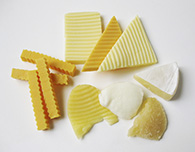
Cheese Alive!
We’re studying how your ancestry is related to your food preferences – with a focus on cheese! Cheeses and other fermented foods get a lot of their flavor from the microbes that grow inside them and it’s possible that your ancestry plays a role in which microbial flavors you prefer. There are two ways to help us find out: take a survey that explores your cheese preferences and your ancestry or donate your favorite cheese so we can see which bacteria and fungi help give it its unique flavor!
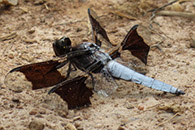
Dragonfly Detectives
Dragonfly Detectives is an inquiry-based, afterschool science discovery program for North Carolina students grades 4-8. We bring students to NC State Parks throughout the state one afternoon a week for six weeks to study dragonflies in the field. Students learn how to do real science while learning about aquatic systems, animal migrations, dragonfly identification, careers in science, and other topics. Transportation costs, snacks, and a toolkit of gear for each student to keep are provided.
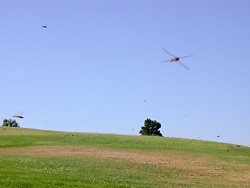
Dragonfly Swarm Project
Dragonfly swarms are a rarely observed natural phenomenon and are difficult for any one person to research. The Dragonfly Swarm Project depends on reports made by people like you who have observed swarms to answer questions about why these swarms form, the conditions under which they form, and to help explain the benefit of these swarms to the environment. With your help, scientists now know more about this fascinating behavior than ever before and are starting to understand how a group of dragonflies benefits us all.
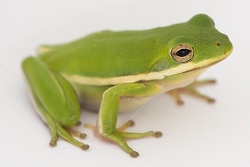
FrogWatch USA
We have teamed up with the Association of Zoos and Aquariums to bring FrogWatch USA to the Museum! As a participant in this fun citizen science project, you will help scientists learn more about amphibians throughout the US by listening for frog and toad calls at night. The data gathered is used in conservation efforts, policy decisions, and a variety of research projects, so your contributions can help lead to the protection and greater understanding of the huge diversity of frogs and toads that call North Carolina home. Training is required before participation in this project, so search for FrogWatch on the events calendar to find the next training session and get started!
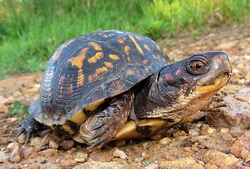
Neighborhood Box Turtle Watch
Box turtles are under threat as expanding urbanization eliminates turtle habitats. With your help, this project documents box turtles in rural and suburban settings so that we can learn more about how turtles and humans can coexist in the same spaces. If you find a box turtle, snap a photo of the top and bottom, measure it, and record your location, then share your findings with us online. Your data will help us understand habitat use by box turtles and how they are adapting to living with humans.
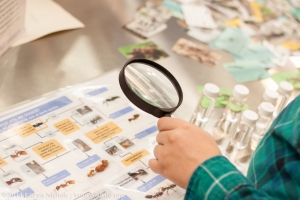
Students Discover
The Museum is proud part of an innovative multi-institutional, $7.3 million National Science Foundation project aiming to bring citizen science to middle school students and get them involved in authentic science in their classrooms. The Students Discover project began in 2014. Students Discover brings together a stellar group of collaborators, including Museum researchers, researchers from NCSU's Your Wild Life team, the Kenan Fellows Program, the Science House, and Wake County Schools. Look for new citizen science projects and fun and informative educational modules coming out of this project over the next few years!

